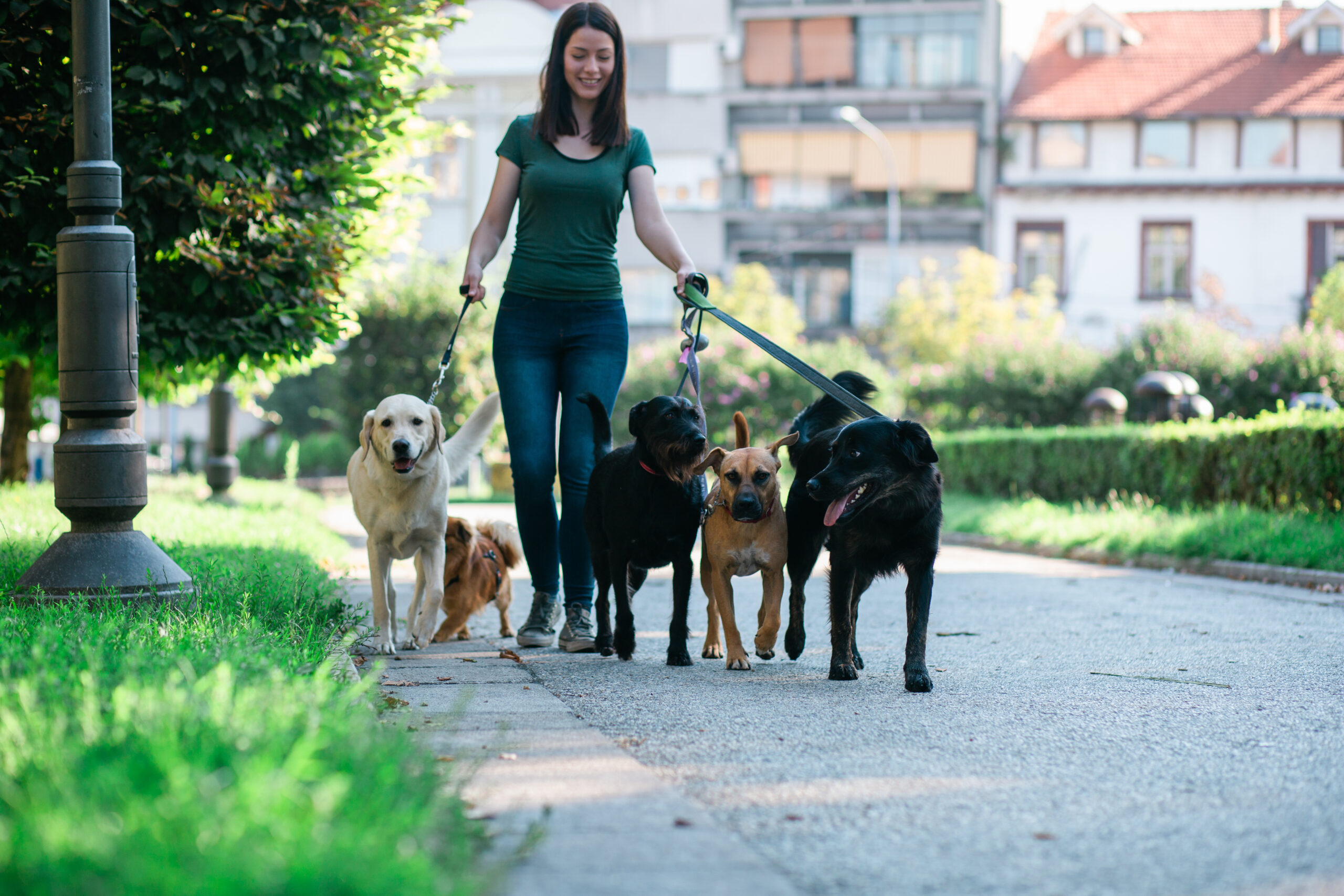Going through the egg donation process is incredibly rewarding, mostly because you know what will happen afterward: the eggs will be matched with a recipient who will use them to start a family.
It’s exciting to think about the person you’re helping realize a dream, but it also raises some questions: what happens after the eggs leave your body? How does the matching process work? Who is the recipient?
What happens after the eggs leave your body?
After you undergo light sedation to get you ready for the procedure, your doctor begins the egg retrieval process. It takes about 15 minutes in total, and, once the procedure is done and you are discharged, the eggs make their way into the embryology lab. Here, the eggs are identified under the microscope and either incubated for fertilization later that day or frozen for a fertilization at a later date.
How does the egg donation matching process work?
Once the eggs have been fertilized, they are ready to be transferred into the recipient’s uterus as an embryo. This is a crucial part of the process, because without a recipient match, an egg donor cannot donate her eggs through Ovatures.
While some egg banks accept eggs from all qualifying donors regardless of whether a real-time recipient exists for those eggs, Ovatures strives to retain a 1:1 donor to recipient process. Unfortunately, this means that if there is no recipient for your eggs, you may not be allowed to donate your eggs.
The Ovatures matching process always starts with the recipient who needs an egg donor to complete her family. The recipient’s doctor will alert our egg donor team that she is in need of an egg, and that the egg donor should meet certain criteria. If a donor applicant matches those criteria and the recipient agrees to that specific donor, the donor will be given a green light to proceed with the egg retrieval.
For most women, the news that they will need an egg donor is complicated: they are grateful they still have a chance at carrying a child genetically related to their partner, but they are devastated they cannot use their own eggs. Naturally, choosing an egg donor is a very personal process, and usually, donors want egg donors to not only be physically and mentally healthy, they want them to have a physical resemblance to the recipient. For example, an Italian recipient may want her donor to be Italian. Although egg donation is a fast-growing field, there are less recipients than desiring donors, so sometimes donors are rejected if there is not a recipient match for their particular ethnicity. For example, there are fewer Hispanic and African American recipients than desiring donors, meaning those donors do not proceed through the program until a match is found.
Who is the recipient?
Donors who have been matched with a recipient and undergo a retrieval may wonder who received their eggs, but due to privacy concerns, donors are not told about the identity of their recipients. And while there is currently no registry to link donors with children born from their eggs, Ovatures does ask donors if they wouldn’t mind being contacted by their offspring in the future.
The donation process is designed to ensure privacy, efficacy and safety for both the donor and recipient. Now that you know exactly how the process works after you leave the clinic, you may be more inclined to donate for the first time, the second time, or to refer a friend. Because knowledge is power.




